The Hidden Cost of Overspecialization in Coaching
A deep dive into Overspecialization in coaching
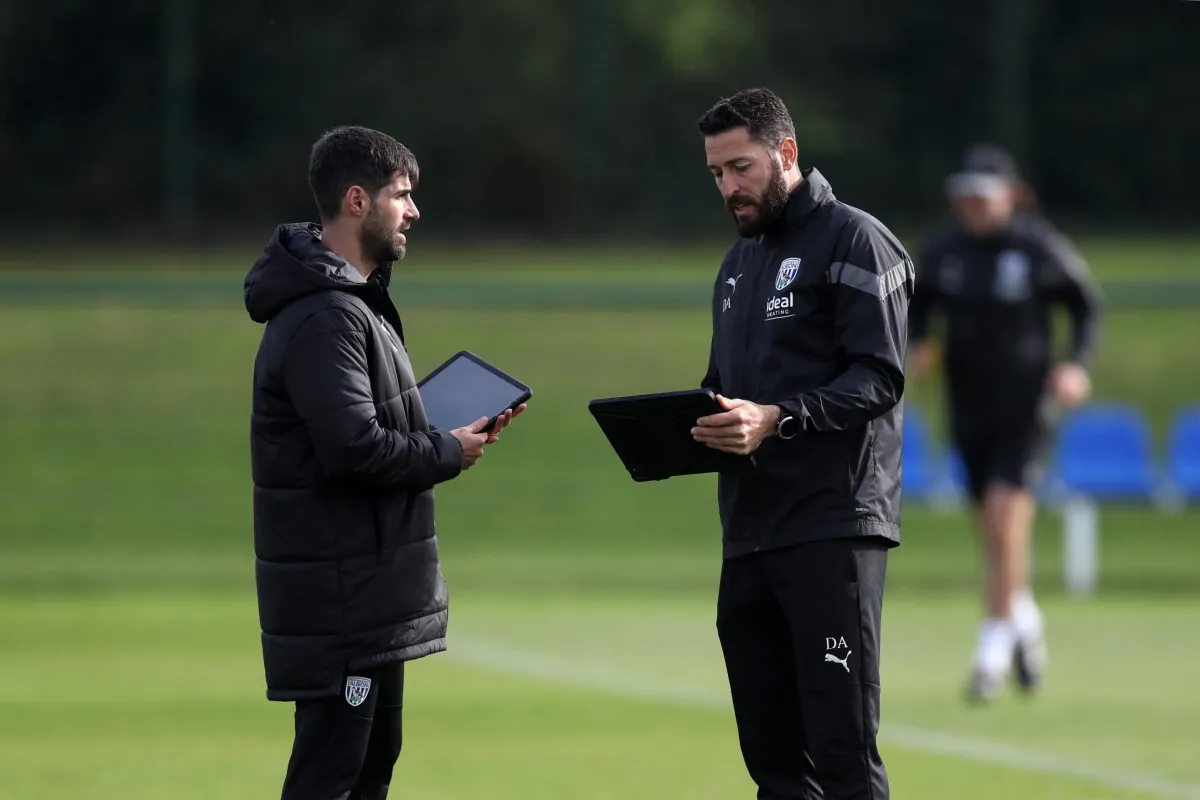
A deep dive into Overspecialization in coaching
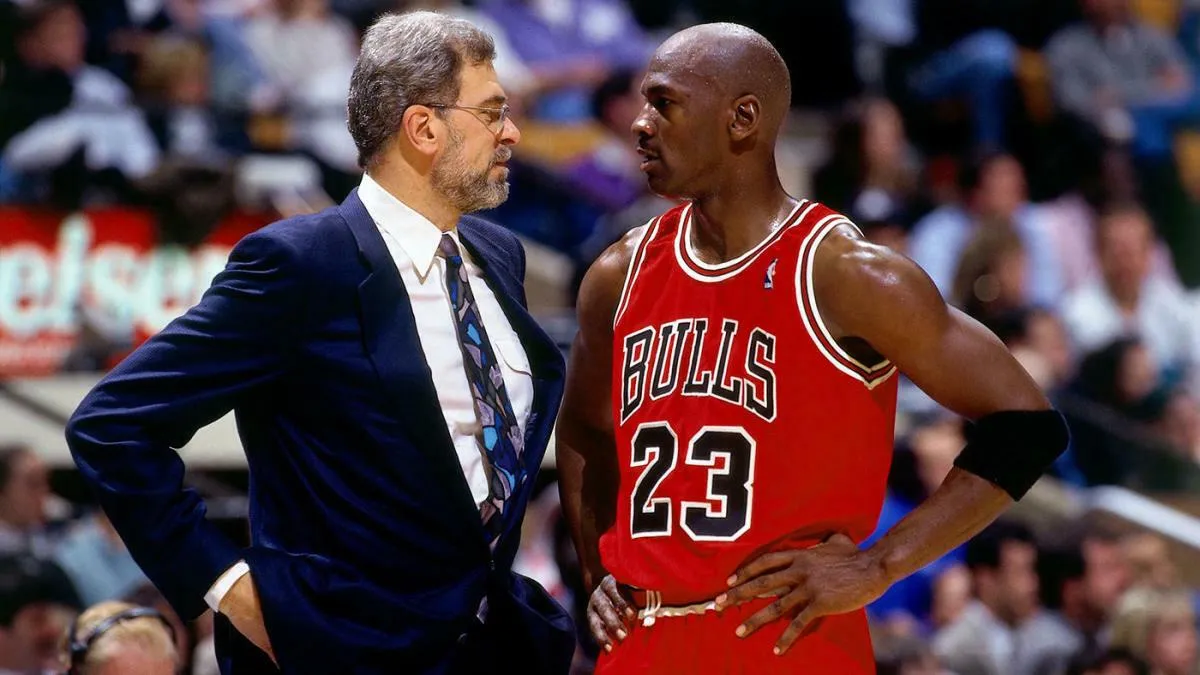
Coaching today demands balancing strong relationships and clear, direct guidance. Top coaches push athletes effectively by building trust and competence, creating an environment where challenge and psychological safety coexist. This balance drives performance and a rewarding athlete experience.
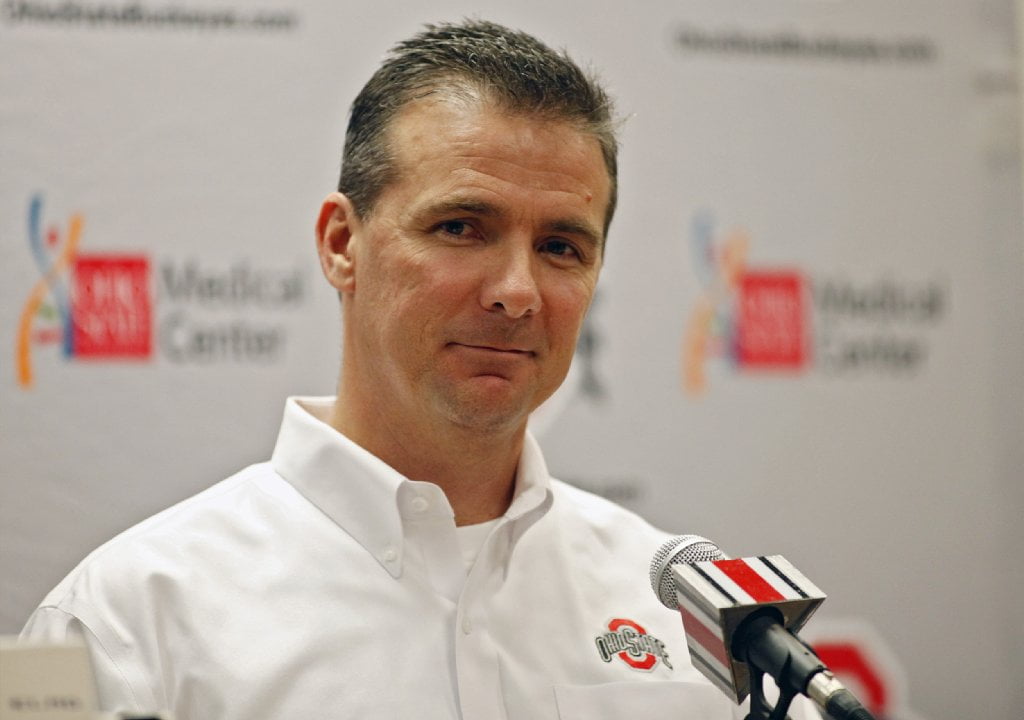
Do You Own the Outcome? A Coach’s Defining Moment When your team falls short, the spotlight shifts to you. Do you take responsibility—or shift the blame? This post explores how great coaches own the moment, learn from the loss, and guide their athletes through adversity with intention and integrity. A must-read for any coach navigating high-pressure outcomes.
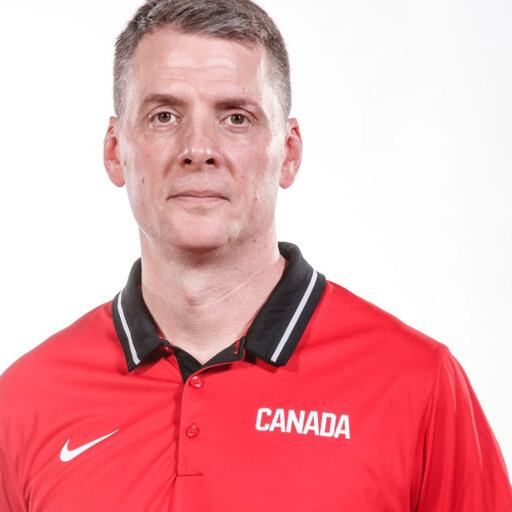
Coaches often start with strong ideals but can shift their values due to pressures in their environment. Reflecting on coaching philosophy, seeking feedback, and realigning with core values—like University of Calgary’s Dan Vanhooren—can restore effective leadership. Staying true to your coaching vision takes effort but leads to lasting success.
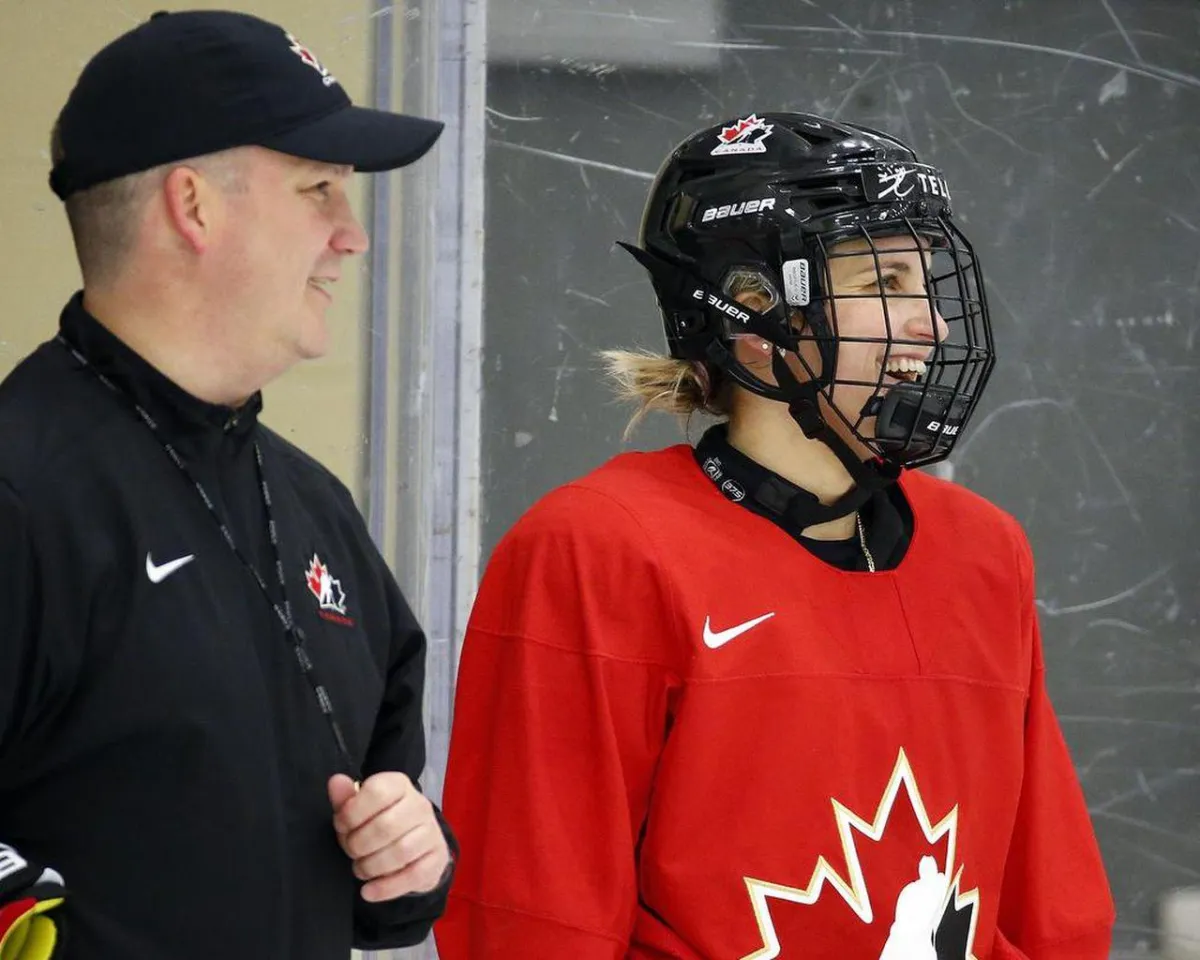
Great coaching requires more than sport knowledge—it demands mastering complex skills like conflict management, innovation, and emotional leadership. Treating coaches’ development with the same care as athletes’ fosters thriving, impactful leaders. Supporting and investing in coaches individually leads to healthier environments and better performance on and off the field.
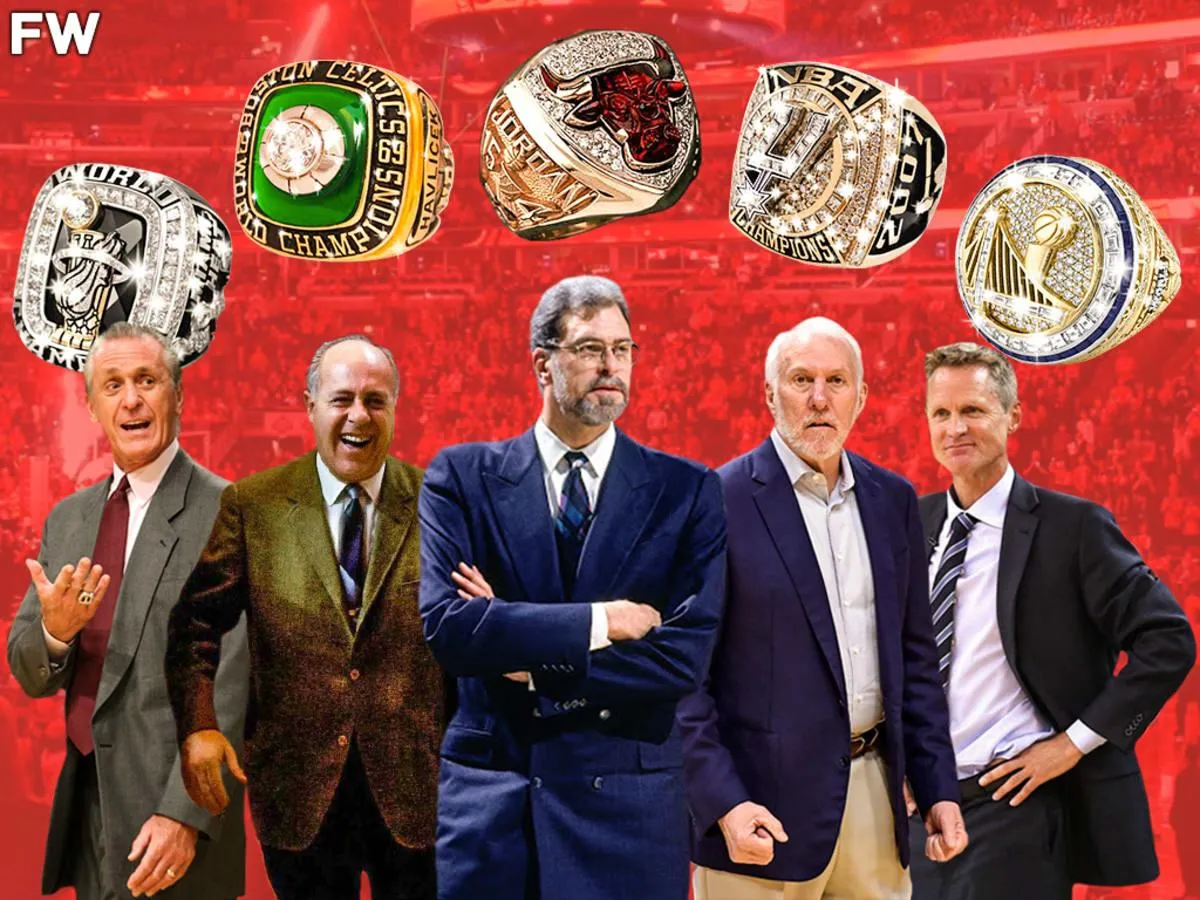
A leader’s toughest challenge is balancing serving their team with honestly defining reality. Leaders must prioritize clear, truthful communication, resisting the urge to sugarcoat or avoid tough truths in the name of support. Being bold yet compassionate helps maintain respect, dignity, confidence, and hope within the team.